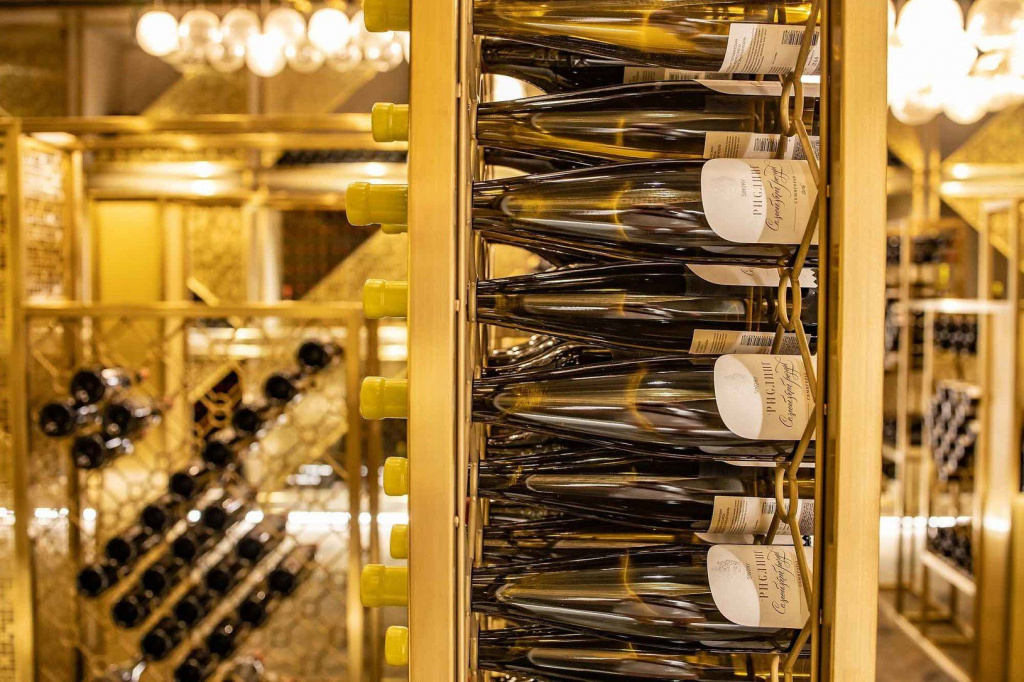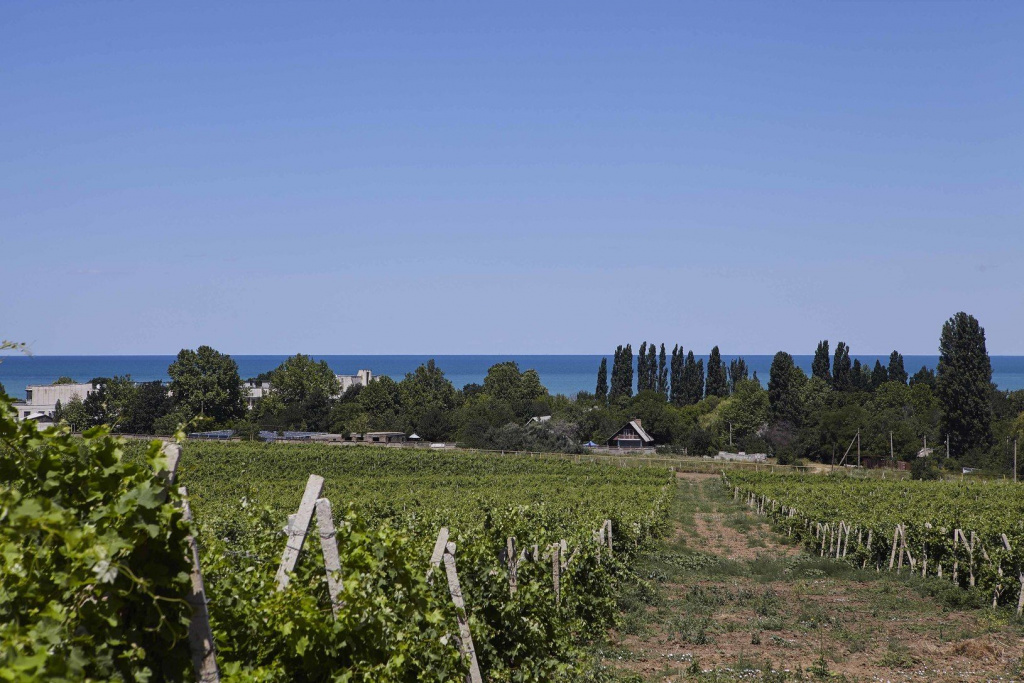ZGU and ZNMP are the two new terms to appear on the Russian wine labels. Among other regulations, the new country’s wine law introduced national system of geographic indications for the wines. The Government supports winemakers producing under new GIs.
A new “Law on Viticulture and Winemaking,” 27 years in the making, finally came into force on June 26. After the incorporation of Crimea and the corresponding international sanctions, the issue of import replacement became particularly acute, and Russian lawmakers began to work seriously on the creation of a separate federal law concerning wine. In June 2017, a bill concerning the development of viticulture and winemaking was introduced to the Russian Duma.
In October of that year it passed its “First Reading,” but it got hung up somehow and didn’t move forward from there. The President of the SVVP (Union of Grape-growers and Winemakers) Leonid Popovich explains: “When we were preparing changes to Federal Law 171 the last time, we spent about three months creating an ideal system, discussing every word for days – but each time we came up against contradictions among ourselves.”
It seemed that we would never get off the ground, but suddenly at the end of last year, the first law about winemaking in the modern history of Russia was adopted. According to Dmitrii Kovalev, who participated in the drafting of the law, it is crucially important for Russia – as much as the importance for France of the law adopted August 14, 1889 protecting against counterfeit wine, which for the first time defined wine as “the product of the fermentation of fresh grapes or grape must.”
It was expected that the law would be refined in the six months since its approval at the end of last year, and more than 180 amendments to it have been proposed. However, the pandemic made its own corrections to this plan, and the law has come into force without modifications.
The new law highlights wine produced exclusively from Russian grapes in the special category “Wine of Russia,” creates a distinction between wine as a product of fermentation of grape juice, and other alcoholic beverages containing wine and also other components and raises the bar of conditions for the creation of wine appellations: ZGU and ZNMP.

© Igor Rodin
Russian appellations: ZGU and ZNMP
Five years ago, federal law № 490 created a system of classifications of Russian wines. In addition to “Table Wines,” two new statuses appeared:
ZGU (ЗГУ) – wines with a “protected geographical indication” defining the region of production.
ZNMP (ЗНМП) – wines of a “protected appellation of origin,” with the indication of a concrete vineyard or small territory of production (town, village).
The difference between them is simple. ZGU means just wines of a region, the equivalent of the European IGP, and the reason for this category is clear: to distinguish locally-grown Russian grapes from imported bulk wine. ZNMP Is a completely different story: the equivalent of the well-organized and long-proven system of appellations in other countries (АОС, DOC, etc.). Generally, these are legally defined territories with some kind of established system of rules determining: locations and techniques of grape growing, approved grape varieties and their proportions, methods of harvest, and techniques of production and aging of wine.
How ZGU and ZNMP are born
They are introduced by the proposal of a SRO (self-regulating organization) of grape-growers and winemakers.Thus, the largest number of ZGU and ZNMP are in the Krasnodar region, since it has three active SRO: “Winemaking Union,” “Grape-growers and Winemakers,” and “‘Honestly’ Association of Winemakers.”
Currently the boundaries of the ZGU are quite closely tied to administrative boundaries, as the vin de pays are to regional or departmental boundaries in France.
- Republic, region, or oblast (or if the winemakers agree, several taken together), for example: ZGU Crimea and Sevastopol;
- Municipality or city district, for example: ZGU Anapa, ZGU Krymsk.

© Vanya Berezkin
What benefit the status ZGU or ZNMP gives
Up until January 1, 2020, there was at a minimum a financial benefit: a 50% discount on the excise tax, which began on January 1, 2016. The rate for still wines with this “protected” status was 5 rubles per liter, and for sparkling, 13 rubles/liter (that is, 10 rubles per bottle). For “unprotected” wines without the appellation discount, the excise tax was 9 rubles and 26 rubles respectively.
Beginning in 2017, the excise tax for protected still wines remained the same, but for sparkling wines it increased to 14 rubles per liter (and for other wines, it shot up to 18 and 36 rubles per liter). Thus producers save money which can come in handy for planting new vineyards (although these plantings are already subsidized). This kind of subsidy in no way contradicts the rules of the WTO, and it should motivate Russian investors to put money into the wine industry.
How many ZGU and ZNMP are there in Russia
By the end of 2019, 14 ZGU and 12 ZNMP had received licenses.
But after the adoption of the new law on December 27, 2019, it became clear that now it will be more difficult to get a license for a ZGU or ZNMP. In article 31 p. 2, it describes the involvement of specialized scientific research organizations, which would determine the boundaries of grape-growing terroirs for ZGU or ZNMP, lists of allowable grape varieties, technological methods, operations, means, etc. The research process would extend for many months, or maybe even years.
So for the last months before the new law came into force, the registration of license documents with the Krasnodar agricultural ministry resembled a psychotic panic. 11 new Russian ZNMP appellations appeared in June alone. As a rule, the appearance of each of these was initiated by a concrete winery, the territory of whose vineyards constitute a ZGU.
Nowadays, 15 ZGU and 23 ZNMP are registered in Russia.
Cover photo: © Igor Rodin.

